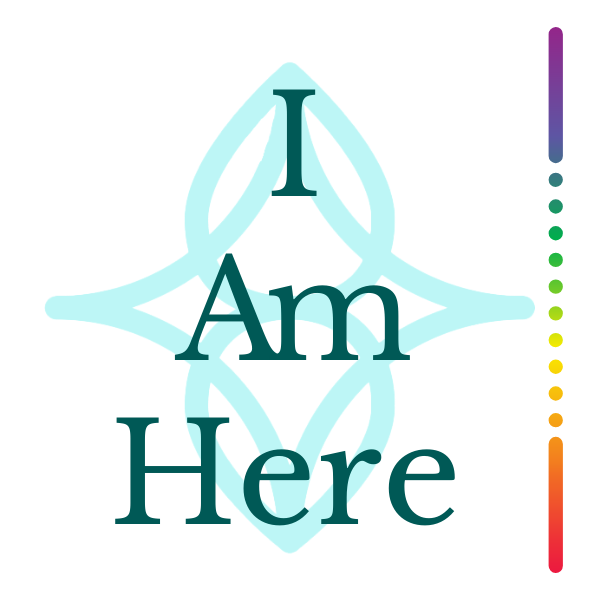October 8th – 12th, 2021, 9 am – 5 pm GMT
Online with Bart ten Berge & Georgi Y. Johnson
$650
Every human has a true, authentic self. Trauma is the disconnection from it and healing is the reconnection to it.
Gabor Maté
How would it be to be centered in a space where fear has no dominion?
Module 3 of the Practitioners’ training in Nondual Therapy continues the exploration with trauma. During these five days, we will learn meditations, exercises, and techniques to work with trauma in the clinical setting. In this module, the emphasis is on centering through the verticle channel and the transformative movement from trauma to resilience and integration.
You will learn the Nondual approach around the themes of:
- Resourcing the center
- Dissociation, association, and integration
- Attachment disorder beyond subject-object
- Somatic memory, imagination and creativity
- Polyvagal theory and transformation
- Unconditional release
Beyond fear, the unknown, formless Nondual dimensions of ourselves have the power to spontaneously turn awfulness into awe, misery into mystery, and trauma into resilience. The chariot of this healing is our awakened consciousness.
The nondual approach to trauma is game-changing in that it opens the field of endless resources. It does this through the build-up of the capacity to center in the unknown core of existential consciousness. This verticle channel in our centerline is empty of a “separate self”, but full of infinite possibility. It brings us the freedom to uncover, welcome, transform, and integrate energy caught in past traumatic events.





